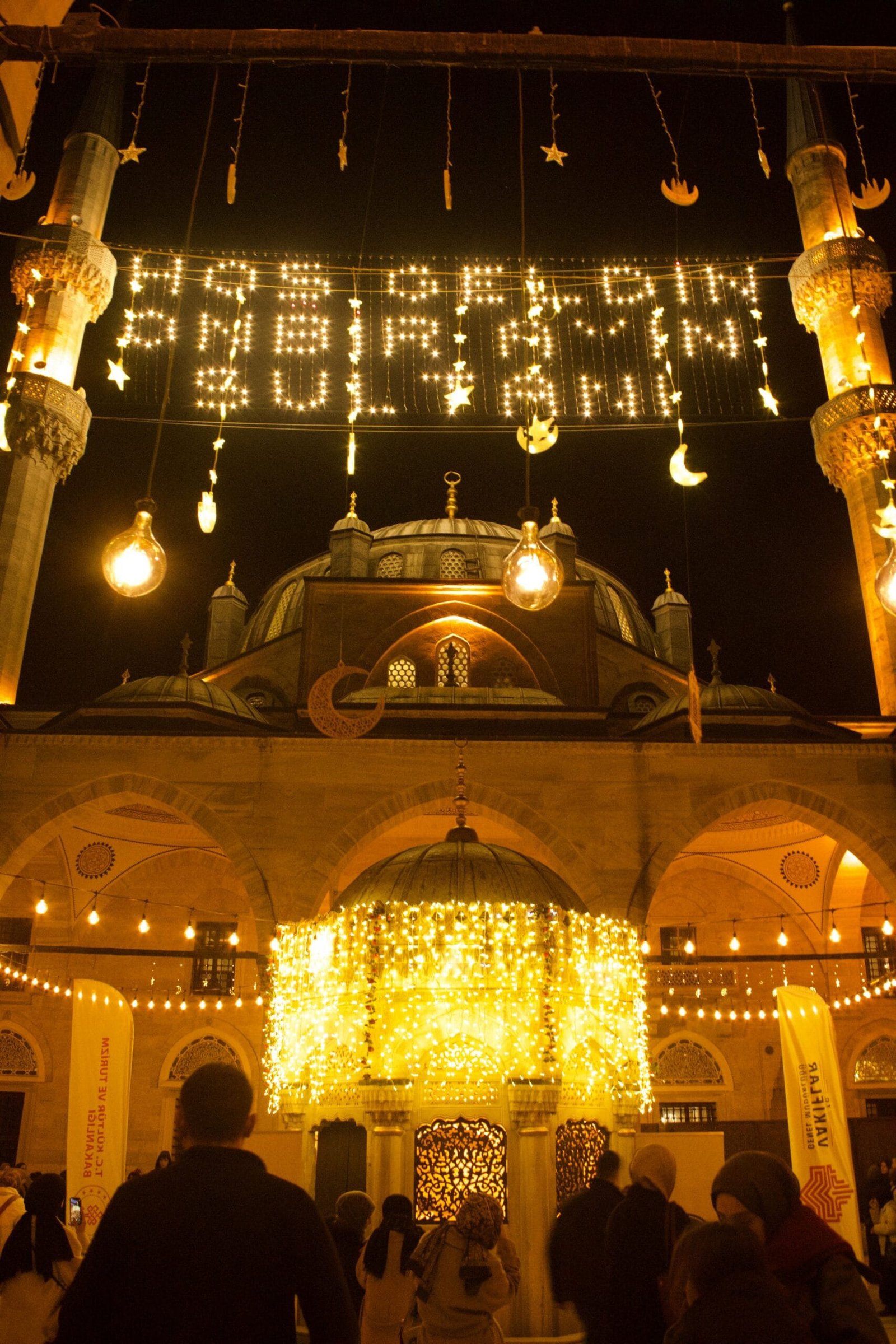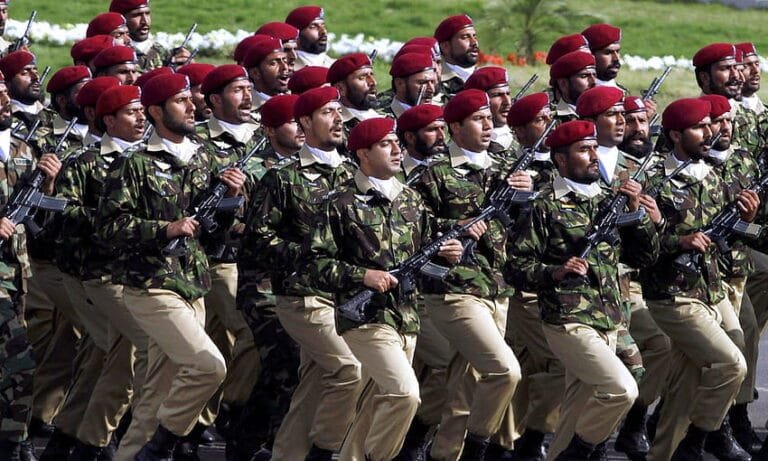The Significance of Fasting in Ramadan
Fasting during Ramadan is one of the Five Pillars of Islam and holds great spiritual, physical, and social significance. It is a time for Muslims to deepen their connection with Allah, reflect on their lives, and practice self-discipline. From dawn until sunset, Muslims abstain from food, drink, and other physical needs, which cultivates empathy for the less fortunate and promotes gratitude for life’s blessings.
Spiritually, fasting purifies the heart and soul, as it is seen as a time for self-reflection and repentance. It encourages Muslims to engage in acts of worship, such as prayer and reading the Quran, seeking to strengthen their relationship with Allah. It is also a time for increased charity, as fasting reminds Muslims to help those in need.
Physically, fasting provides the body with a detoxifying effect, allowing the digestive system to rest and renew. It helps to instil better habits of eating and self-control, promoting healthier lifestyles. Socially, Ramadan brings communities together as Muslims break their fast in a spirit of unity and fellowship with family, friends, and neighbours.
In essence, fasting in Ramadan is not only a physical practice but also a deeply spiritual and communal experience that strengthens faith, promotes discipline, and fosters compassion.






